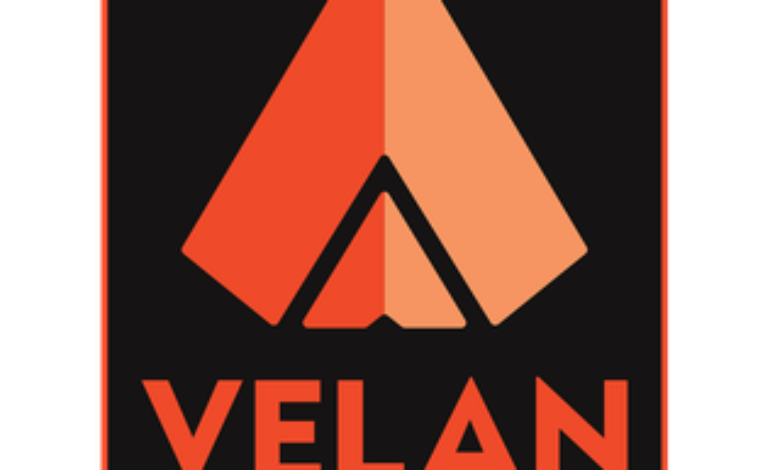

Velan Studios, a prominent video game company poised for expansion into Montreal, has made a significant announcement via a post on X platform. The company has revealed its unfortunate decision to potentially lay off a substantial portion of its workforce, with up to 46 out of 121 employees facing this possibility. This news undoubtedly casts a shadow of uncertainty and concern over the future of the company and its employees, as they navigate through these challenging times.
— Velan Studios (@velanstudios) March 21, 2024
The message conveys deep concern and regret over the difficult decision at hand, acknowledging the profound dissatisfaction felt by many. It also recognizes the significant loss of valuable and dedicated individuals who have contributed immensely to the team.
Specifically, it highlights the notification given to team members, informing them of the possibility of being affected by an impending layoff within a 60-day timeframe, further emphasizing the gravity of the situation and the uncertainty it brings for those involved.
The studio continued:
In the near term, we are doubling down on our current games, some of which are scheduled to release later this year, and securing new partnerships to minimize the impact. We hope to rescind as many notifications as possible.
For those employees who may ultimately be affected, we will do our best to support them through this difficult process.
Velan Studios is known for its proprietary engine and toolchain known as Viper, which powers Knockout City and Mario Kart Live: Home Circuit. The game engine encompasses various standard features found in any game development toolkit, such as a level editor, renderer, and scripting language. Additionally, it incorporates less apparent elements like network backend services and even a continuous integration system. These components are crucial for Viper to autonomously build and test itself, ensuring its stability and performance.
Last February, Velan Studios delivered a significant blow to the gaming community by announcing the discontinuation of its service for Knockout City, rendering the game unplayable. This decision left numerous players bewildered and raised doubts about the studio’s capacity to manage high-end video games effectively. The sudden cessation of service not only impacted the immediate gameplay experience but also prompted broader questions about the studio’s reliability and ability to maintain long-term support for its titles.
As a result, many individuals found themselves questioning the studio’s commitment to providing sustainable gaming experiences and whether they possessed the requisite expertise to navigate the complexities of managing and sustaining a thriving video game.
Play games, take surveys and take advantage of special offers to help support mxdwn.
Every dollar helps keep the content you love coming every single day.
